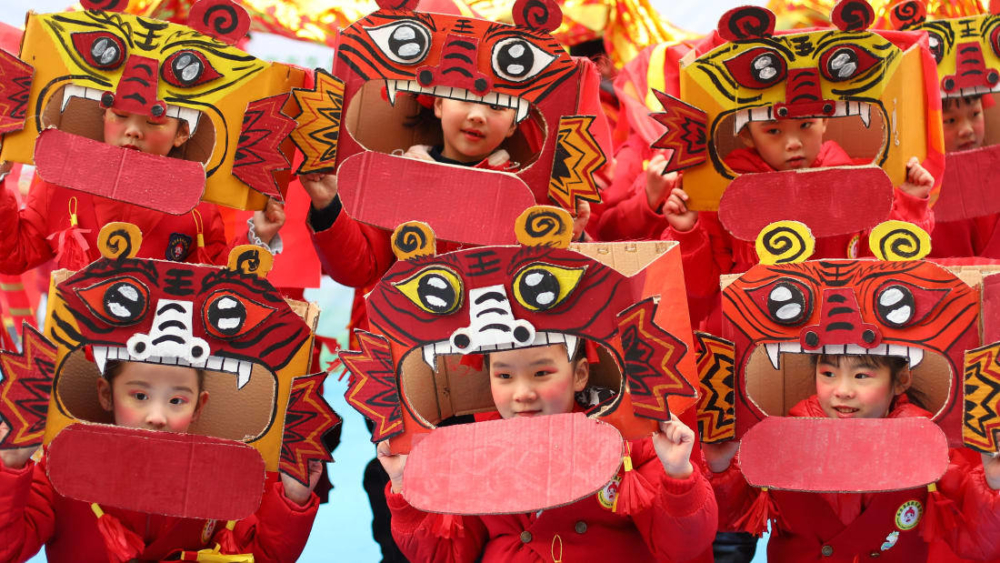(Could This Harken a Cincinnati Bengals win in the Super Bowl?)
Celebrate the Lunar New Year
Source: Various
It’s time to celebrate the Lunar New Year goodbye to the Ox as we enter the Year of the Tiger beginning on February 1st.
Lunar New Year festivities can often last for up to 15 days, with different tasks and activities taking place over that period. Though the spread of Omicron has impacted the way people are celebrating this year, don’t despair and remember the unofficial #1 tip from the Lunar New Year rule book: Focus on the positive and only use auspicious language.
Though many Western nations refer to the Lunar New Year/Spring Festival holiday as Chinese New Year, bear in mind it’s celebrated not just in Chinese communities but in other Asian countries, including Vietnam and South Korea.
Countries that observe Lunar New Year often offer three to seven days of public holidays but celebrations aren’t complete until the 15th day of the first lunar month, also known as the Lantern Festival.
People are expected to visit relatives and friends in the early days of new year — except for the third day of the month. Day three of Lunar New Year (which falls on February 3rd this year) is named “chi kou,” or red mouth. It’s believed that arguments are more likely to happen on this day, so people will visit temples and avoid social interactions.
There are plenty of other rules and superstitions attached to the Lunar New Year. For instance, don’t wash or cut your hair on the first day of the new year. Why? The Chinese character for hair is the first character in the word for prosper. Therefore washing or cutting it off is seen as washing your fortune away.
You’ll also want to avoid purchasing footwear for the entire lunar month, as the term for shoes (haai) sounds like losing and sighing in Cantonese.
Do, however, wear red. It’s associated with luck and prosperity Throughout the 15-day festival, hosts usually prepare candy boxes and snacks for their guests. Married couples are expected to hand out red packets filled with money to children and unmarried adults to wish them luck.
The seventh day (February 7th) is said to be the day when the Chinese mother goddess Nuwa created mankind and, thus, is called renri (the people’s birthday).
Different communities in Asia will serve different birthday foods on that day. For instance, people in Malaysia enjoy yeesang, or a “Prosperity Toss” of raw fish and shredded vegetables, whereas Cantonese people will eat sweet rice balls.
The highlight comes on the last day (February 15th). In ancient Chinese society, it was the only day when young girls could go out to admire lanterns and meet boys. Thus, it’s also been dubbed Chinese Valentine’s Day.
Nowadays, cities around the world still put on massive lantern displays and fairs on the final day of the festival.

